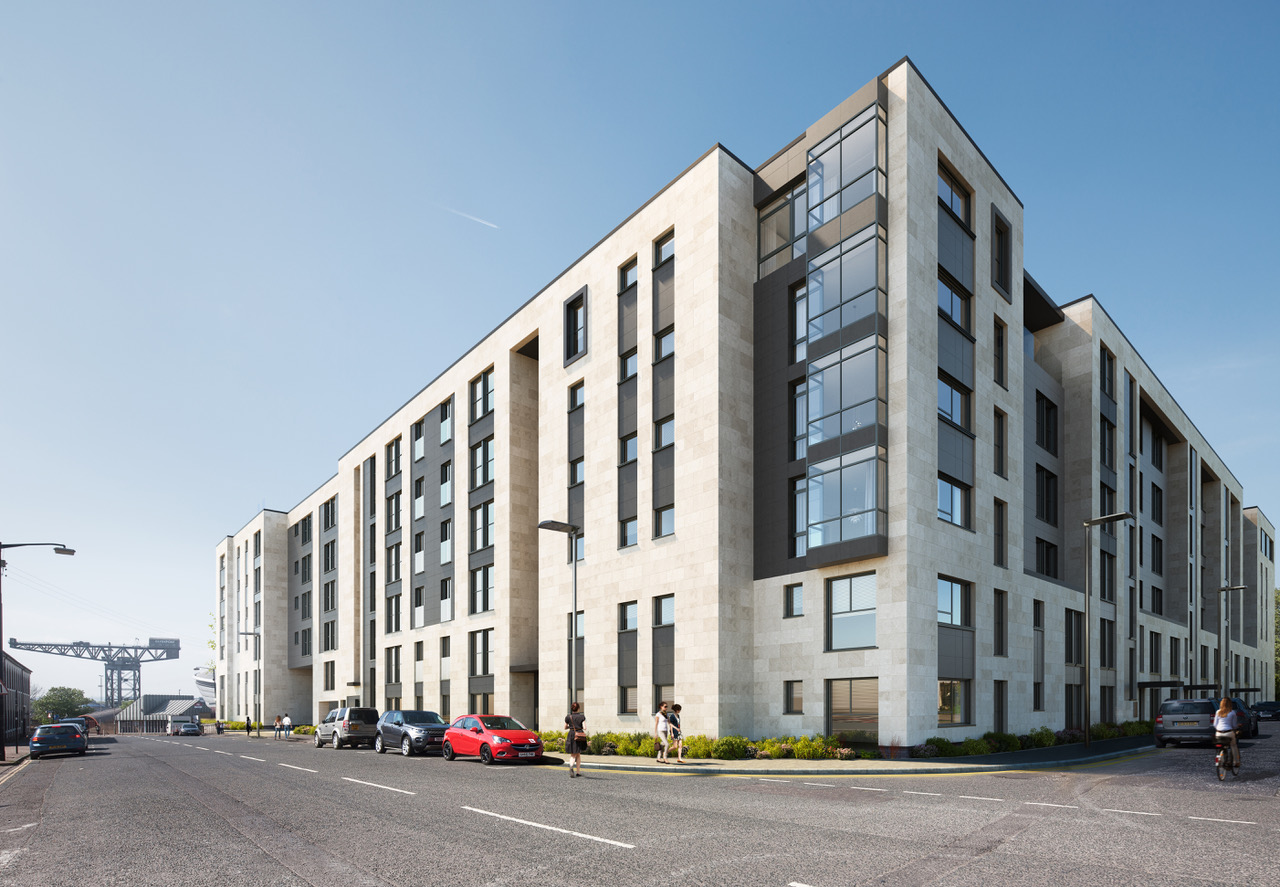Finnieston serviced apartments appeal dismissed by Scottish Government

Apartments at Minerva Way
The Scottish Government has dismissed an appeal over Glasgow City Council’s decision not to approve the transformation of more than 40 residential flats in Finnieston into short-term holiday lets.
Councillors on Glasgow’s planning applications committee unanimously agreed to reject an application in April on the advice and information submitted to them by council officers.
Sonder Hospitality’s application involved 41 apartments at 3-7 Minerva Way, which are part of a much larger development on Minerva Street/Minerva Way.
More than 120 objections had been received and city planners had recommended refusal.
Sonder Hospitality then hoped that the Scottish Government’s planning and environmental appeals division would overturn the council’s decision.
The company’s grounds-for-appeal document stated: “The proposal is supported by national policy and is compliant with the [city’s] Development Plan subject to appropriately worded conditions. No internal or external consultees have objected.
“The Reasons for Refusal appear to be based on concerns raised by local residents. In the absence of evidence of actual problems, those concerns appear to be based on perceptions, which perhaps misunderstand the nature of the use; and assume, incorrectly, that serviced apartments inherently impact on amenity more than residential use.”
However, reporter Keith Bray appointed by the Scottish Government’s planning and environmental appeals has now backed the council’s decision.
His report stated: “I consider that the appeal proposal would result in a mix of residential flats and short-stay accommodation within a single building sharing a means of access.
“In my view, that brings the proposal into direct conflict with the policy principle which has been established by the council, in its supplementary guidance, for the specific purpose of managing land use changes relating to short-stay accommodation.
“The existence of communal amenity ground, bin and cycle stores, and car parking demonstrate to me that the building, as a whole, is a single residential building, as opposed to a series of buildings.
“Given that the applicant was already operating the proposed use without consent, until action was taken by the planning authority, we also have clear evidence that the proposal will be disruptive to residential amenity.”
Sonder was already operating at the site without consent, until action was taken by the planning authority.





















